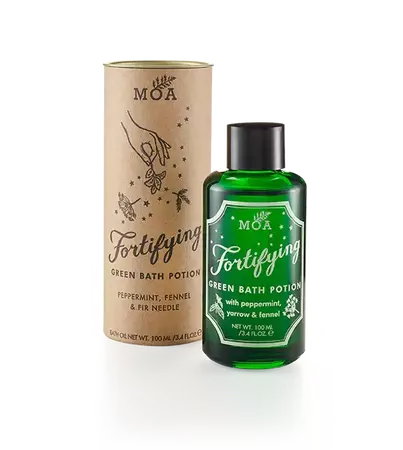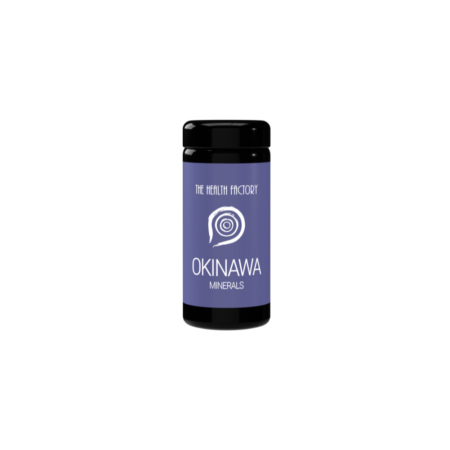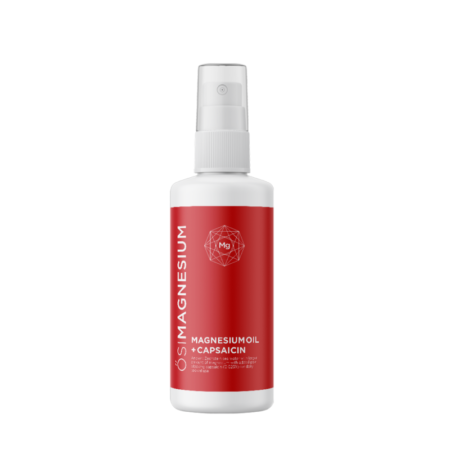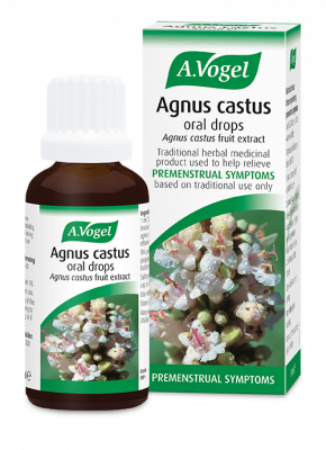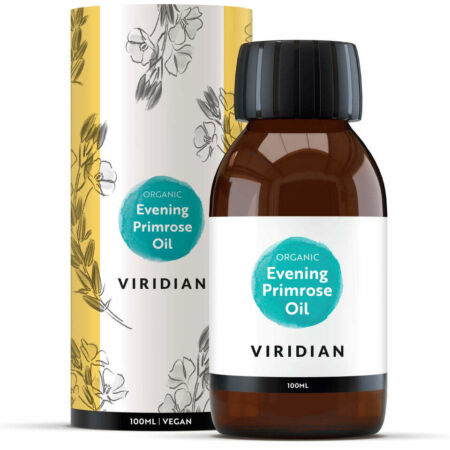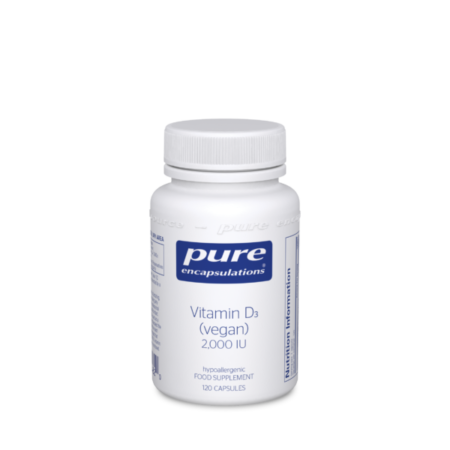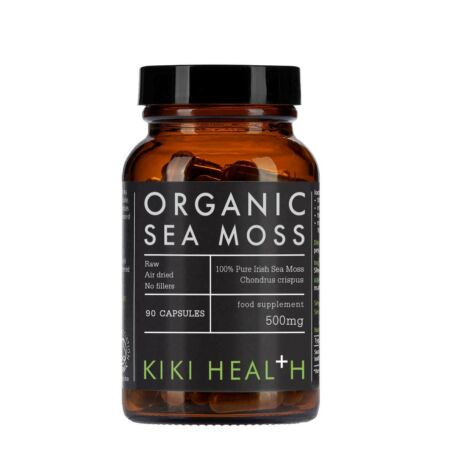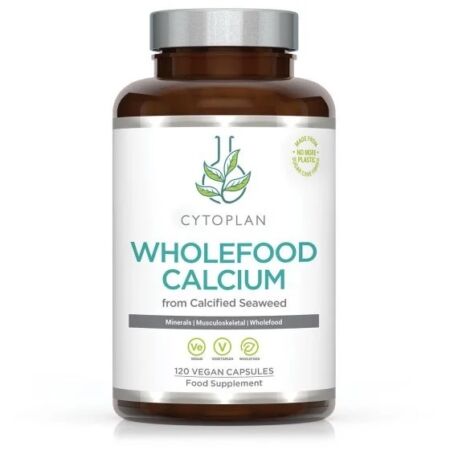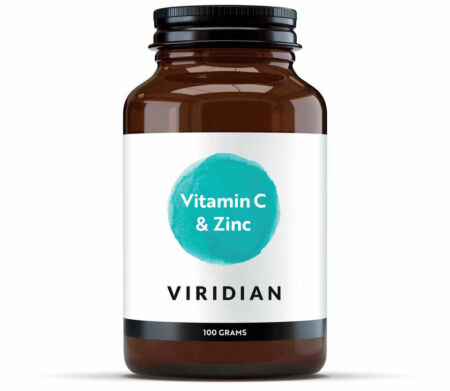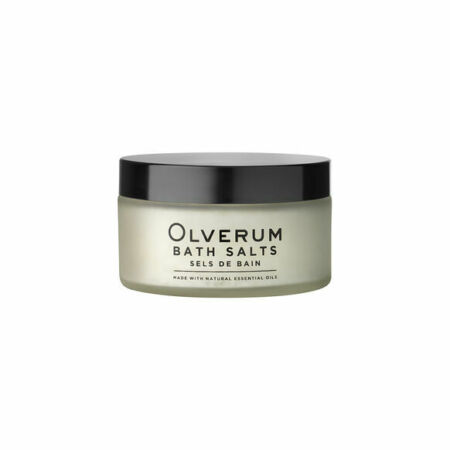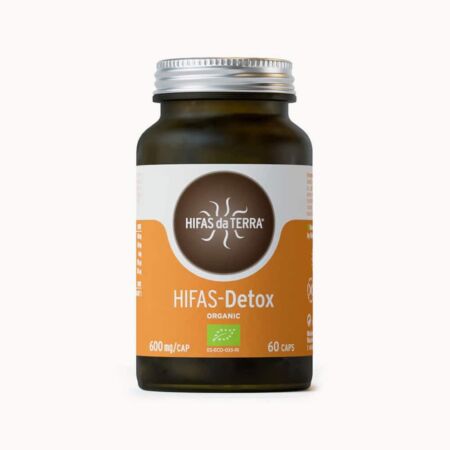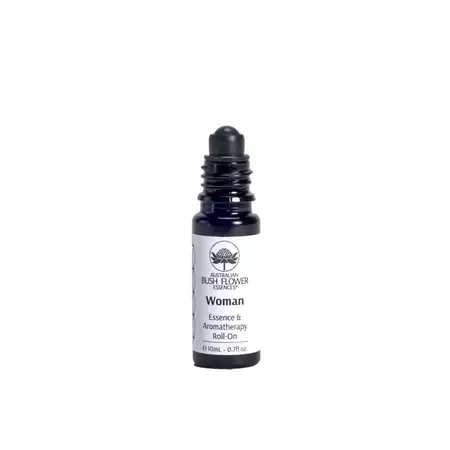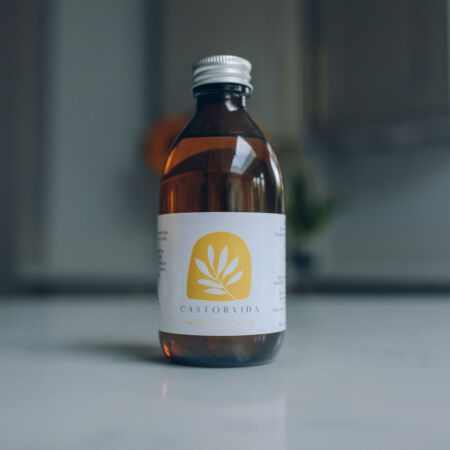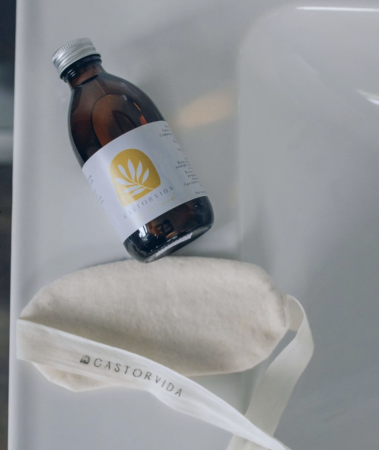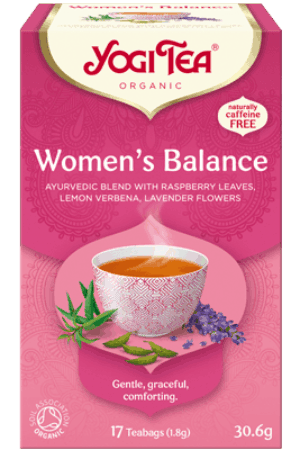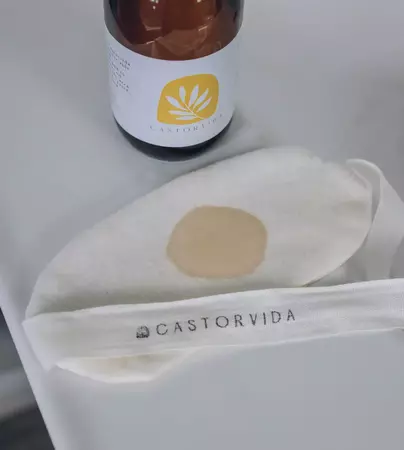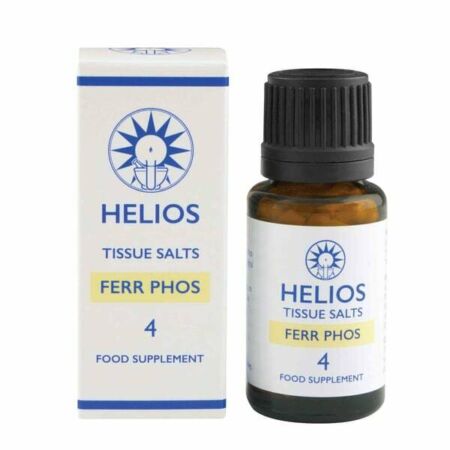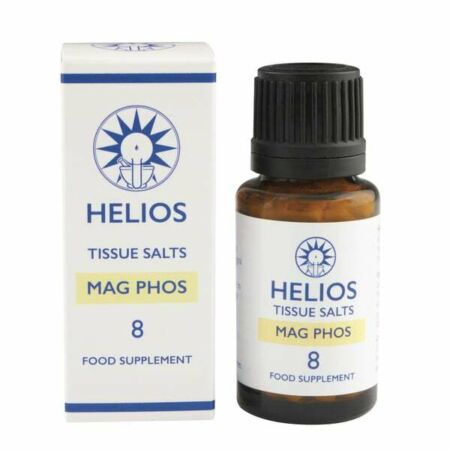Diet plays a large role in regulating hormones and helping to keep period pain at a minimum, diets rich in omega-3 fatty acids such as fish, calcium and vitamin D may help
What is menstrual pain?
Period pain is common and some light discomfort is a normal part of your menstrual cycle. Most women get it at some point in their lives. Period pain happens when the muscular wall of the womb contracts. This is because during your period, the wall of the womb starts to contract more vigorously to help the womb lining shed as part of your period.
When the wall of the womb contracts, it compresses the blood vessels lining your womb. This temporarily cuts off the blood supply and oxygen supply to your womb. Without oxygen, the tissues in your womb release chemicals that trigger pain.
Conditions affecting period pain:
Less commonly, more severe period pain can be caused by an underlying medical condition. Period pain linked to an underlying medical condition tends to affect older women. Women aged 30 to 45 are most affected. Medical conditions that can cause period pain include:
- Endometriosis – where cells that normally line the womb grow in other places, such as in the fallopian tubes and ovaries; these cells can cause intense pain when they shed.
- Fibroids – are non-cancerous tumours that can grow in or around the womb and can make your periods heavy and painful.
- Pelvic inflammatory disease (PID)– where your womb, fallopian tubes and ovaries become infected with bacteria, causing them to become severely inflamed.
- Adenomyosis – where the tissue that normally lines the womb starts to grow within the muscular womb wall, making your periods particularly painful.
Intrauterine devices and menstrual pain
An intrauterine device (IUD) is a type of contraception made from copper and plastic that fits inside the womb. IUDs can affect menstrual cycles, most commonly in the first months following insertion. The pain may be more severe, or it may last much longer than normal.
See a GP if you have any of the following symptoms as well as period pain:
Irregular periods
Bleeding in between periods
A thick or foul-smelling vaginal discharge
Pain during sex
Testing options for menstrual pain
Testing - DUTCH Test:
For finding hormonal patterns and links to female health concerns, the Complete Hormone Panel - DUTCH Test, is a comprehensive, accurate and non-invasive test. The majority of women are often not aware that they are suffering from a hormonal imbalance, presenting with symptoms such as abnormal menstruation (heavy/painful periods), PMS, headaches, decreased sex drive, bloating, mood swings, fatigue, anxiety & depression, breast tenderness, endometriosis, fibroids, and hormonal weight gain. The DUTCH test tests reproductive and adrenal hormones as well as melatonin and oxidative stress.
The DUTCH test stands for Dried Urine Test for Comprehensive Hormones and involves a collection of a small amount of urine on filtered paper four times a day. The DUTCH TEST measures hormone metabolites from the dried urine samples. The hormones measured in the test include:
Cortisol
Cortisone
Oestradiol
Oestrone
Oestriol
Progesterone
Testosterone
DHEA
Melatonin
Dietary suggestions for menstrual pain
Diet plays a large role in regulating hormones and helping to keep period pain at a minimum. The results of a study suggest that a diet, characterised by a high consumption of sugars, salty snacks, sweets and desserts, tea and coffee, salt, fruit juices and added fat is associated with an increased risk of period pain among young women [i].
A growing body of evidence suggests diets rich in omega-3 fatty acids such as fish, calcium and vitamin D, and low in animal fats, salt and caffeine may reduce the risk of troublesome PMS symptoms. Avoiding salt can help reduce fluid retention, abdominal bloating, breast swelling and pain. High caffeine intake can cause irritability, poor sleep and menstrual cramps.
The following dietary suggestions can help intestinal clearance spent hormones, intake should be high in:
- vegetables (five servings daily)
- fruit (two servings per day)
- nuts and seeds
- oily fish such as salmon and mackerel (up to three servings per week)
- other plant sources of omega-3 foods such as flax or chia seeds
- proteins such as legumes and eggs
- a variety of wholegrains such as rice (brown, basmati), traditional rolled oats, buckwheat flour, wholegrain breads (rye, spelt), wholemeal pasta, couscous, millet or amaranth.
Drink adequate water (1-2L a day), this includes herbal teas such as chamomile or green tea.
Oestrogen is a hormone that may need balancing in cases where women experience painful and heavy periods. Because of this, we need to support the body in detoxifying and eliminating oestrogen after it does its job. Certain foods are very helpful for oestrogen metabolism: cruciferous vegetables should be the focus. Additionally, ground flax seed, fish oil, and a diet rich in fibre all help keep your oestrogen in better balance.
When planning your meals, think about phytonutrients. These components help plant foods survive in nature and have been found to help our bodies survive. Many phytonutrients strengthen the immune system and help stop cancer-cell growth. Eat a rainbow of fruits and vegetables every day. In other words, eat a vegetable or fruit from every colour of the rainbow each day, this includes red, orange, yellow, green, blue, purple, and white/tan foods.
Supplement suggestions for menstrual pain
Below is a list of supplements for which studies have demonstrated some scientific evidence for benefits. Check with your doctor to ensure there are no risks with you trying these supplements, as some supplements may interact with prescribed medications.
Vitamin B6 [ii]
Reduces pain, cramps and mood disturbance.
Best if combined as a multi-B vitamin, not as single nutrients.
Vitamin E (natural alpha-tocopherol) [iii]
May help reduce pain and menstrual blood flow.
Dose: 200 IU vitamin E daily; commence two days prior to periods and continue for three days from onset of periods.
Vitamin D[iv]
Vitamin D is more commonly known as “The Sunshine Vitamin”. This is because the body makes vitamin D3 under the skin when it is exposed to UVB light, which is our major source of vitamin D. It may help regulate menstrual cycles, relieve muscle pains, and improve mood.
Magnesium[v]
Helps to relieve menstrual cramps.
May improve premenstrual mood changes, especially irritability and anxiety.
May help with muscle relaxation, muscle cramps and sleep.
Calcium [vi] and zinc[vii]
May help with pre-menstrual pain.
May reduce menstrual cramps, fluid retention, mood disorders and food cravings.
Fish oils and omega 3[viii]
May relieve menstrual pain, cramping, and depression.
Omega-3 fats found in fish oil have anti-inflammatory properties in the body
Probiotics[ix]:
Probiotics may help to support gut health and the clearance of spent reproductive hormones from the digestive tract
Sulforaphane[x]:
Sulforaphane is produced in the body after you eat broccoli and it has been shown to have benefits for hormonal detoxification and clearance.
Vegetables in the cruciferous family include; broccoli, cauliflower, Brussels sprouts, and kale. Sulforaphane supplements are a great way to get additional sulforaphane directly.
NAC (N-acetylcysteine)[xi]:
N-acetylcysteine is a precursor to glutathione in the body. Glutathione is a major antioxidant that assists with detoxification.
Natural pain relief options to try:
Hot water bottle
Castor oil packing: Castor oil, when applied topically, is thought to decrease inflammation, swelling and pain
CBD oil[xii]
Epsom salt, includes magnesium for muscle relaxation
Acupuncture or acupressure therapy: Moxibustion offers long term pain relief in patients with period pain[xiii]



